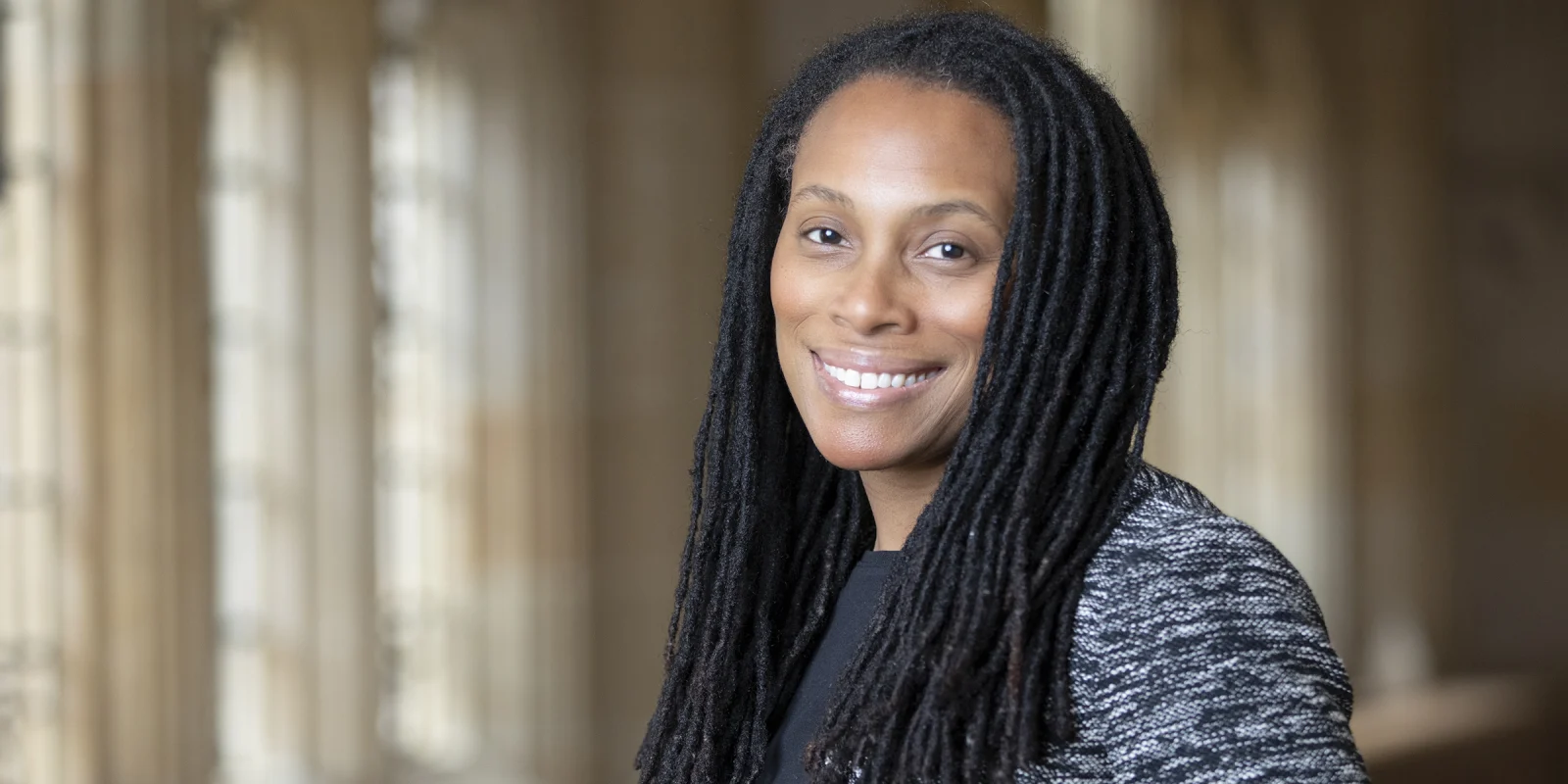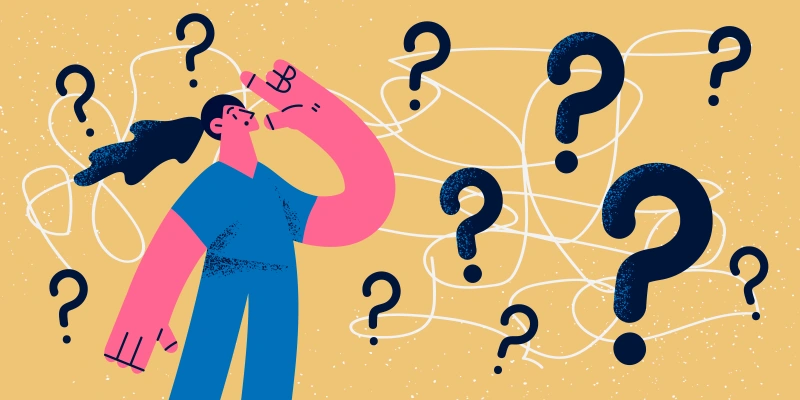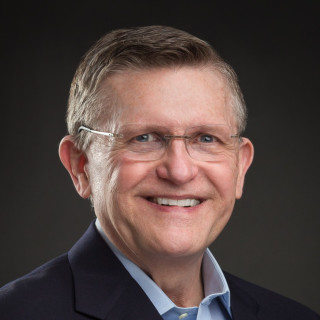Dr. Marcella Nunez-Smith is a primary care physician and researcher at Yale University. She has dedicated her career to reducing health disparities for marginalized populations. This commitment has led to her appointment as the first chair of the newly formed Health Equity Task Force under the Department of Health and Human Services. Under her leadership, the task force is spearheading numerous efforts to make health care more equitable throughout the U.S., starting with its response to COVID-19.
Doximity: Why is COVID-19 disproportionately affecting communities of color? What other health disparities in the U.S. are at the forefront of the Task Force’s efforts and why?
Dr. Marcella Nunez-Smith: I think people are coming to understand that COVID-19 is just taking advantage of preexisting social and structural realities that, quite frankly, are rooted in centuries of systemic biases and racism in our country. That’s really the driver for why we see the disproportionate impact.
When we talk about who’s getting infected, hospitalized, and dying, part of the reason is the risk of exposure. Black and brown and indigenous people disproportionately occupy the jobs that we have deemed essential. Early on, information was scarce and often contradictory and confusing. Essential workers were leaving their homes without the necessary materials to protect themselves and their communities, like masks and other PPE. Most employers just weren’t providing the information, or resources, to keep employees safe.
Housing also plays a role. Think about racially segregated, densely populated neighborhoods — especially about multi-generational housing in many communities of color. It’s difficult to do things like social and physical distancing when you're sharing bedrooms and bathrooms. And older adults might be at risk as essential workers leave and come back into the home.
Communities of color are disproportionately burdened by chronic disease, which increases the risk of developing severe COVID. But this situation itself is the result of systemic inequities in our country and in our healthcare system. It is well known that there's a higher rate of co-existing conditions like diabetes or hypertension, [in these communities]. But we don't often say, “There's been limited access to high-quality health care to either diagnose or to control these conditions.” We know that in these neighborhoods, often there are environmental toxins that contribute to poor air quality. There can be difficulty accessing nutrition. These kinds of inequities are pervasive, and they are not new.
Dox: What are the federal administration's plans to ensure that testing, vaccination, and treatment for COVID-19 are equitable, particularly for people of color?
MNS: Equity is at the center of the recovery plan. President Biden has been very clear on this; so has Vice President Harris. This is their first question every time we brief. How will we continue to keep equity at the center of our COVID-19 response and still look ahead to an efficient recovery? I know vaccination is top of mind, but we are continuing to talk about PPE and masks and testing, which are even more important now. That maybe seems counterintuitive to a lot of people. But less than half of the country’s population is fully vaccinated. And we have to continuously monitor outbreaks so that we can track the spread of virus variants. We still need to keep focusing on therapies as well, as marginalized communities continue to contract COVID at higher rates. And so we've pushed out a lot of resources recently, around testing in particular, making sure testing gets to communities of color.
One example is linked very much to the commitment to reopening schools. We are making sure that there are testing dollars in some of those neighborhoods where we've seen the biggest gaps in terms of educational equity. Recently, HHS announced a$150 million investment in expanding access to monoclonal antibody therapies for underserved communities. We want to get the most clinically appropriate therapies into those hardest-hit, highest-risk communities. And we are doing so much to ensure vaccination access. We know there are some people who have questions, and we're going to meet them where they are to address their concerns. We have launched a public education campaign, while focusing on the fundamental need for increased access.
In the first three weeks of his administration, the president launched four new federal allocation channels to get more vaccines to the states. We’ve put community vaccination centers in the neighborhoods that are at highest risk due to social vulnerability. Many have mobile vans that bring vaccines to people. We also partner with retail pharmacies in locations that are high priority, as well as with our community health centers. Community health centers are vital assets, because they deliver care to many, many people who are structurally marginalized. There are now 75,000 places Americans can go to get a shot, including nearly 40,000 local pharmacies, over 650 community health centers and hundreds of community vaccination centers and mobile clinics. In fact, more than 90% of Americans live within 5 miles of a vaccine site.
We also know we must pay attention to the structural barriers. We’re making sure people can register in ways that don't demand tech literacy and broadband. We’re working closely with community partners, community-based organizations, and faith leaders to make vaccines convenient for people. The thing that brings me the most joy is just how it's a shared value. Everyone knows, everyone shows up with that equity question already in mind. So we're pushing, pushing, pushing on access, but there’s definitely more support to come with the resources in the American Recovery Plan. That is just a game changer.
Dox: Many have discussed vaccine hesitancy and distrust of the medical system within communities of color. What are some of the reasons for vaccine hesitancy in communities of color?
MNS: For me personally, I frame this always as “building vaccine confidence.” People have questions that are reasonable, and we need to give them clear information so that they can make their own decisions. We asked ourselves, “What are some of the unique issues in different groups as we try to build vaccine confidence?” I always end up talking about data, but this is a rapidly changing space. We've seen, even in these past few weeks, that the confidence number is really shifting. When you look at the intent to get vaccinated, the racial and ethnic gaps are almost closed, particularly for those who are eligible. That's when we know we have to focus on access, because communities of color are still vaccinated at lower rates. But I think your point is right. We have to always say, what are the issues that people have questions about? And they will differ by group. We know institutions have earned distrust for many communities of color.
That is a fact. And the injustice is not only historic; it’s contemporary. And so people are skeptical. I think that is very reasonable. So it’s all about partnering with trusted messengers and making sure people can get the information they need from the people they want to hear it from. And thankfully, no matter the political party, no matter the political persuasion, no matter the race/ethnicity, no the matter age, people want to hear from their health care providers. So this is what I say to the Doximity family: It's us, right? We are that trusted messenger. They want to hear from the clinician. And that, I think, gives me great hope that people will be able to connect with the information that they need.
Dox: There’s also a disparity in the amount of data collected about the COVID-19 response from communities of color in comparison to other communities. Why is this important to focus on even while we are also trying to respond to the pandemic?
MNS: You know, data is not sexy for people, but it's what we need. It is the foundation for everything else. How do we target resources when we don't know where we need to send them? We're taking a data-driven approach in this administration; we are based in science; we are based in evidence. When we talk about race/ethnicity, there are so many groups that are invisible in the data. And I think that is something that we don't talk about enough, whether that's people with disabilities, whether it's people in our LGBTQ family, even thinking about geography, where people live, and the intersections of all of these. I think it's a particular violence when we don't even acknowledge people's existence.
We're working very collaboratively as a federal administration with states and providers and local jurisdictions. We've seen increased data reporting in these past months since President Biden has taken office. This is very encouraging, particularly for our providers. I'm a practicing internal medicine doctor and have spent a lot of time with EHRs. There's a lot of power and potential in terms of what we can collect and share through those as well. So I do see opportunities. I think there are some short-term things we can do. And then we have an opportunity now to invest in the architecture of a longer-term data infrastructure that can really help us advance equity.
Dox: What can individual clinicians do to help support equitable vaccination?
MNS: I go back to trusted messengers. You make sure that you have good information when you see a patient. You'd be surprised how many patients, how many people have said to me, “I just saw my doctor and they didn't say anything to me about the vaccine. So I don't think it's for me.” And I'm sure the clinicians weren't even thinking about the vaccine. They're thinking it's an urgent visit. I'm seeing you for your ankle, or whatever the case may be. But literally people are walking out and saying, “They didn't say anything about the vaccine. So I don't think they mean for me to have it.” Every opportunity we see a patient is an opportunity to talk to them, educate them, see what questions they have about vaccines and vaccination. That's so important. We are those trusted messengers: Over 80% of every group wants to hear from us. And then on top of that, volunteer to be a vaccinator. We've got great increased supply, and we’re going to need people to get those shots into arms. So, volunteer to vaccinate in your communities. It's going to make a big difference.
How is your state focusing on equity when it comes to the COVID-19 response?
Which women in medicine would you like to read about? Share your suggestions or nominate someone.






